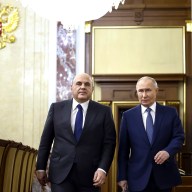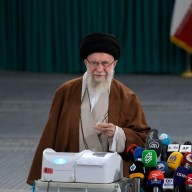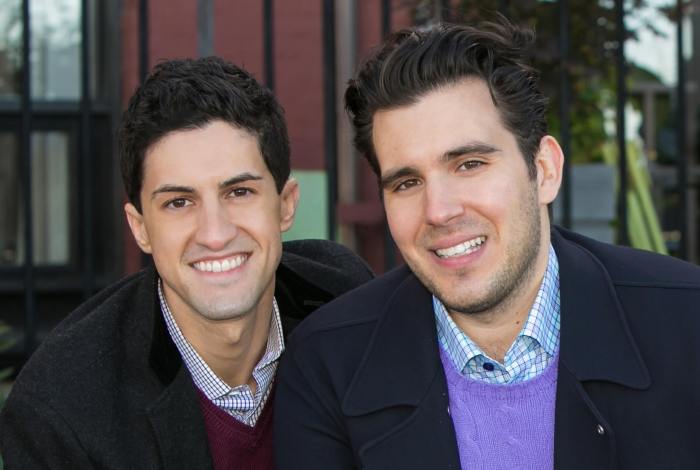OTTAWA – There was a time when first ministers’ meetings in Ottawa were the most celebrated events of the political season.
Months of bureaucratic and ministerial talks preceded the main event, winnowing the subject material and the substance of the discussion down to the critical pressure points that only executive fiat could resolve.
Days of breathless news leaks and chin-rubbing punditry led to encampments of reporters staking out the conference centre, prime ministerial office or residence when the talks actually commenced.
Signing ceremonies, ‘family’ photo-ops of all the participants, closing news conferences and communiques gave these meetings the import of international summits.
But Friday evening’s gathering at 24 Sussex Drive, called on short notice by Prime Minister Stephen Harper, had about as much pomp and courtship as an unsolicited blind date.
“It’s a certain time, it’s going to be over supper, officials aren’t allowed in, there’s no preparation going on between the governments and the bureaucracies and we’re gonna be out by the Friday night movie,” Danny Williams, the outspoken premier of Newfoundland and Labrador, groused after landing in the capital.
“How can you get anything done? I think maybe a weekend at Bernie’s might be more productive.”
Williams’ unflattering allusion was to a 1989 comedy film in which a pair of young executives pretend their dead boss – and host – Bernie is still alive in order to keep a beach party going.
But under Harper’s Conservative government, it appears the party is over for big, extravagant first ministers’ meetings.
Part of that is philosophical. Harper is an avowed decentralist.
“Open federalism means respecting areas of provincial jurisdiction,” Harper said in Quebec City in April 2006, shortly after taking office.
“Open federalism means limiting the use of the federal spending power. … Open federalism does not seek to play favourites or stir up jealousies.”
“The time has come,” added Harper, “to establish a new relationship with the provinces – a relationship that is open, honest, respectful.”
Or at least separate, uncommunicative, distant.
Part of it is practical. Much of the heavy lifting in federal -provincial fiscal relations has already been done.
In 2004, the previous Liberal government gave the provinces $41 billion over 10 years for health care, indexed to rise six per cent annually.
Equalization was also sweetened and indexed to climb 3.5 per cent annually for the next decade.
Last spring in Harper’s second federal budget, Ottawa added another $39.4 billion in equalization over seven years.
The Conservatives have also been vacating tax room, both in reduced income taxes and GST sales tax, which cash-strapped provinces are free to fill if they have the political stomach.
It is much easier to decentralize than it is to centralize power. Politics, like nature, abhors a vacuum.
But Tory campaign promises to reduce inter-provincial trade barriers, create a single national securities regulator and implement catastrophic national drug coverage may require a more collegial federal-provincial approach.
It won’t happen over dinner and a movie.
















